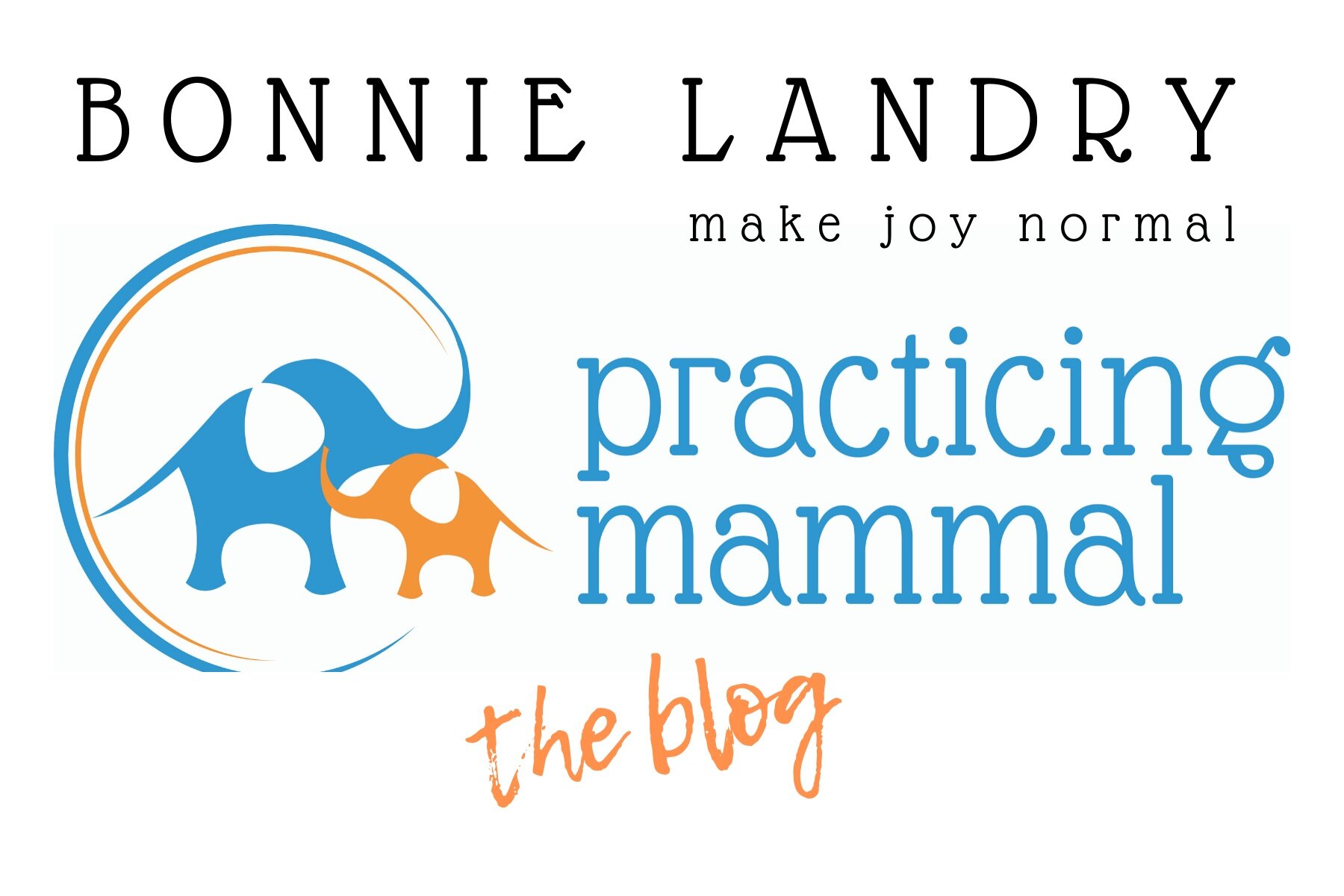planning our school year and keeping track of knowledge, data, details and learning
Let’s be real. A lot of what we learned in school didn’t stick. There’s no hard way to quantify how much we retained, of course. Some of the stuff is in there, tucked way at the back, and some didn’t stick at all. Some of the things we learned in our school days we use daily or were super interested in, so it’s there, for sure.
But we all have holes in our education, by virtue of our own lack of retention or lack or suitable formation or other various reasons that may affect the gleaning or recalling of knowledge.
Even in our homeschool worlds….regardless of how well we present information to our kids, they aren’t going to hold onto it all. And that’s okay. The ability to enjoy learning new things (this is often very temperament-driven) and more importantly, the understanding of HOW to learn will fill those gaps and holes as they need filling is what education is really all about.
All this information notwithstanding, most of us having a burning need to execute, plan and record our children’s education. It gives us a strong sense of productivity and success.
Personally, I stall out right after the “execute” stage. I’m good at doing, I’m way less good at planning and recording.
Being primarily motivated by what’s fun and easy, I have always striven to keep planning and recording as simple as possible. Today I’m going to talk about the planning phase of educating my children. Next post, I’ll talk about recording keeping. I am driven to plan only to the extent that I would have something to show The Authorities what I am doing with my kids and why (they don’t generally care about why) and what progress we have made. Other than that, I go into the school year with only a very loose plan of what it will look like. The overarching plan is really a one page deal. This allows me:
less time developing
less worrying about not doing it right
more time for fun
In its simplest form, on the top of the page, I jot the school year and the things we plan on studying as a family.
In a column down the left, I write what the school aged kids will each be doing with me one on one or on their own. On the right side of the page (or on the back if there isn’t enough room), I jot down where they were “at” with the things we worked on, and what they were capable of.
I keep a running list of books we read, and add that at the end of the year. I also keep a check list, like this:
It’s just a weekly running tab of our daily stuff, with room for me to write specific things we did or discussed. For example, say we were studying WWII, and we were reading a novel of a family during that time. We might discuss or research as part of our reading where they lived, what impact the war had on that area, how people could live on such short rations, why that country or area was particularly being targeted, was it geographic or political. What people did for recreation during the war and in that era. What they missed, what they talked about. These kinds of questions and more, ones from littler kids, ones. from highschoolers, can be addressed daily, and when they are, I jot it down on this weekly checklist.
From the “family studies” at the top of the page, with a loose plan of “Middle Ages” or “Ancient History” or “Canadian History” - I choose a few novels to read, and some text to read from. Same for Art, Poetry, and whatever comprises our “family studies.” Usually what. I do is read the non-fiction book for a few minutes (5-10) then get on to the novel, which is really what they want.
It’s that simple. Not even kidding.
Next couple of posts, I’ll address the recording keeping aspect of this simplistic approach in a little more detail….and then some resources for family studies.


